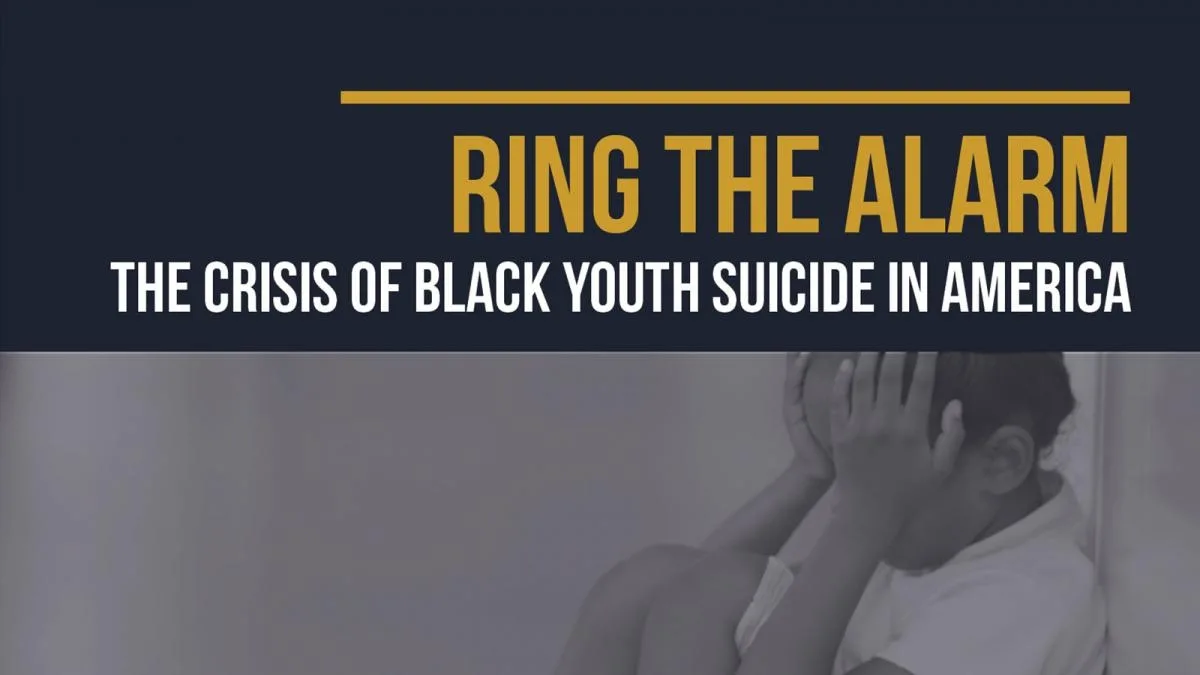
Black youth in America are experiencing a significant mental health crisis, with rising rates of suicide that urgently demand attention. Despite the severity of the issue, there is a widespread lack of culturally competent care and accessibility to mental health services, contributing to the escalating crisis. This article discusses a transformative approach to licensing social workers, aiming to address the burgeoning Black youth suicide epidemic. The initiative aims to bridge the gap in mental health disparities, promote social equity, and provide better mental health support for Black youth.
A Rising Crisis: Suicide Among Black Youth
Disturbingly, the suicide rate among Black children and teens aged 10-17 has seen a 144% increase in the last two decades. This alarming statistic is a critical call to action for policymakers, healthcare providers, and communities. Part of the solution lies in addressing the barriers that Black social workers face in obtaining clinical social work licenses and the disparities in pass rates among different demographic groups.
Recent studies also indicate that Black kids and teens who experience racial discrimination online may develop symptoms of Post-Traumatic Stress Disorder (PTSD), which could be linked to suicidal thoughts. Therefore, it is not enough to tackle the issue offline; online platforms must also actively mitigate hate speech and discrimination.
Understanding the Unique Challenges
Addressing the mental health crisis among Black youth requires culturally competent care. This involves understanding the unique challenges faced by Black youth, including racial discrimination, both online and in real life. It also includes recognizing the consequence of such discrimination, which can lead to depression, anxiety, substance use, and even physical health issues like diabetes, obesity, and dementia.
A New Approach to Licensing Social Workers
A new approach to licensing social workers aims to foster an environment of culturally competent care, including training social workers to understand and effectively address the unique challenges faced by Black youth. This initiative is a crucial step towards combating the mental health disparities faced by marginalized communities, particularly Black youth.
Alternative Healing Approaches and Intervention Programs
In addition to the new licensing approach, alternative healing approaches and intervention programs like the Black Impact program are making strides in addressing the mental health crisis in the Black community. Public awareness campaigns like the ‘Just Heal, Bro’ tour also play a crucial role in this fight, promoting dialogue and understanding about mental health issues among Black Americans.
Strengthening Suicide Prevention Efforts
Legislation and grants for suicide prevention coalitions, such as those in Ohio, can significantly impact suicide prevention efforts. These programs should particularly target marginalized groups, like African American youth and LGBTQ individuals, who face a higher risk of suicide due to the added pressure of discrimination and lack of access to mental health care.
In conclusion, addressing the Black youth suicide crisis requires concerted efforts from all sectors of society. By providing culturally competent care, breaking down barriers to mental health services, and promoting social equity, we can help to change the narrative for Black youth mental health and bring hope to a marginalized community in crisis.


